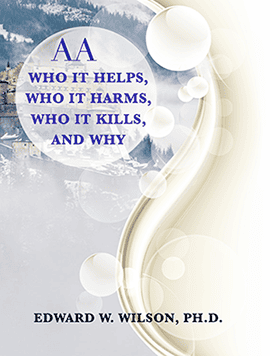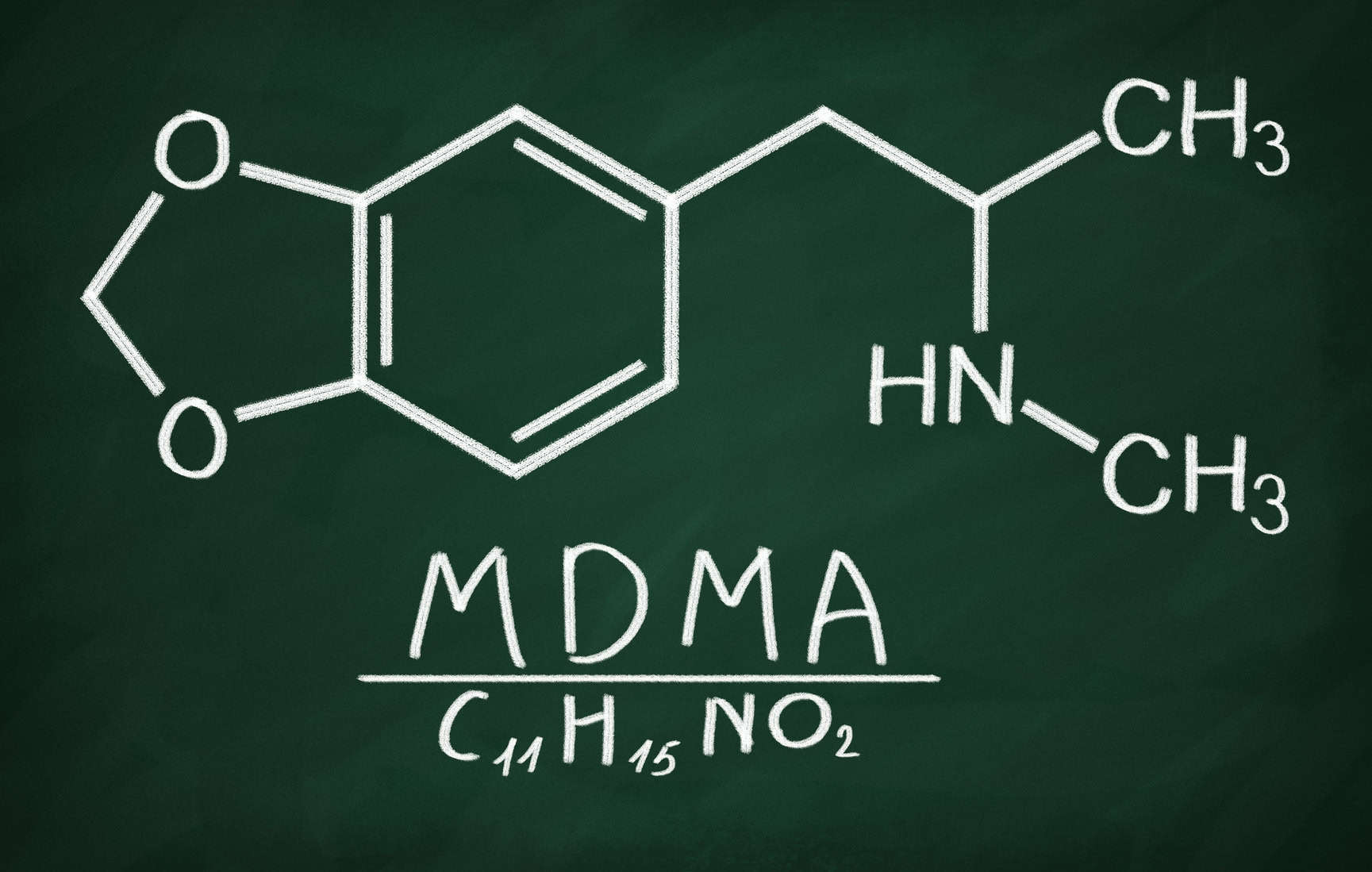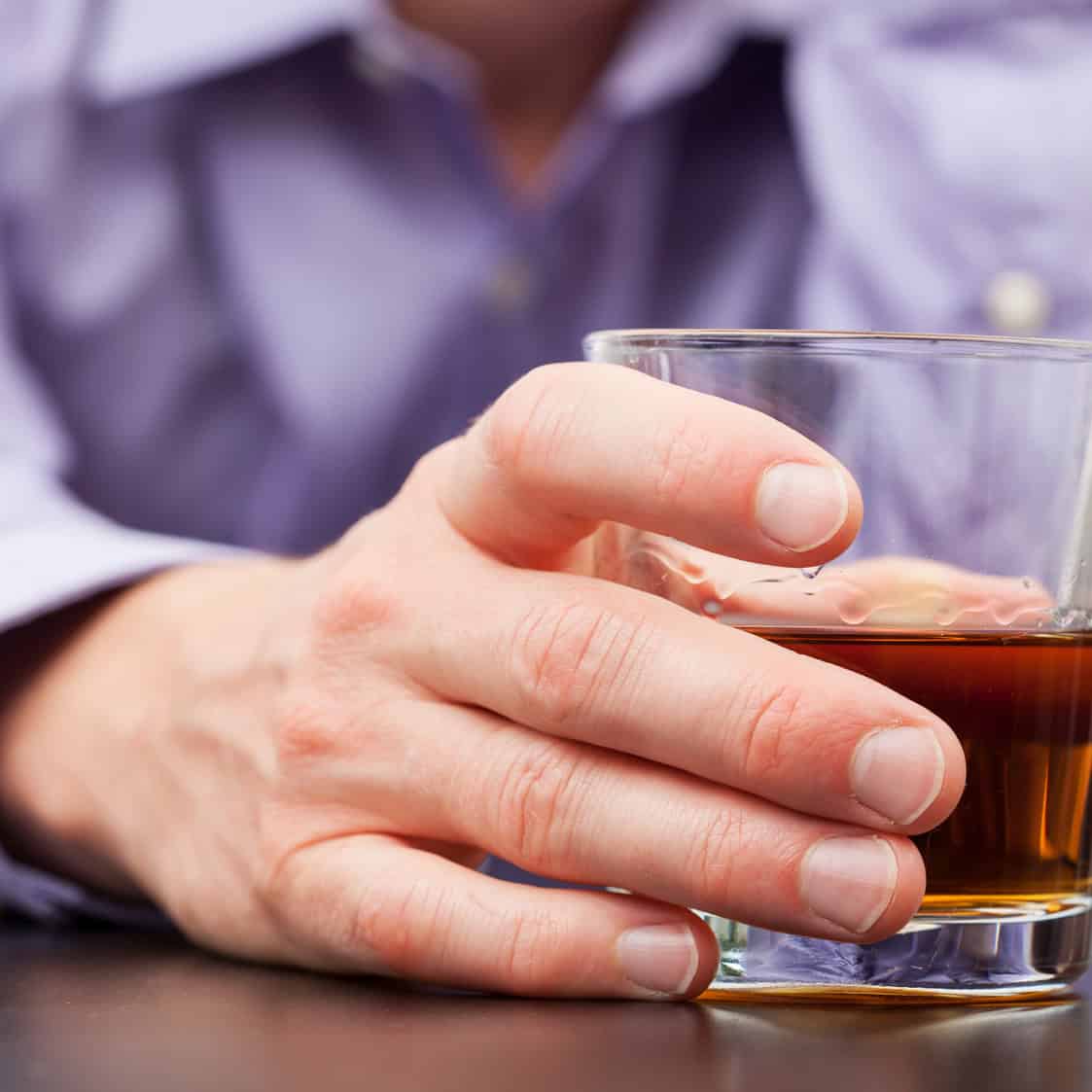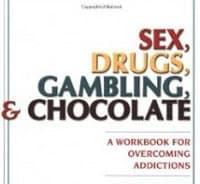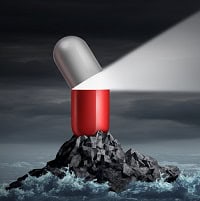AA: Who it Helps, Who it Harms, Who it Kills, & Why (Preface)
Posted on August 30, 2019
AA: Who it Helps, Who it Harms, Who it Kills, & Why, by Edward W. Wilson, PhD
Kindle edition available on Amazon
Print edition, 66 pages, available here.
Preface by Tom Horvath, PhD (reprinted here by permission)
The psychological development of children is well studied. We know what children at different developmental levels can accomplish, and just as importantly, what they cannot accomplish.
The psychological development of adults has been studied much less, and the emerging knowledge that psychologists have on this subject has not become widely known. It doesn’t take a psychologist to know, for instance, that a situation that might lead to a temper tantrum in a two year old, should not lead to a tantrum in a teenager. However, because adults all loo...
full story

